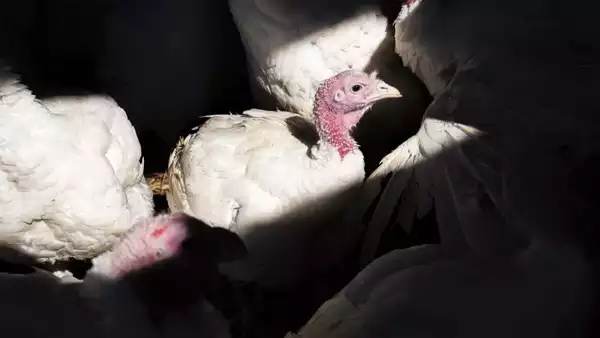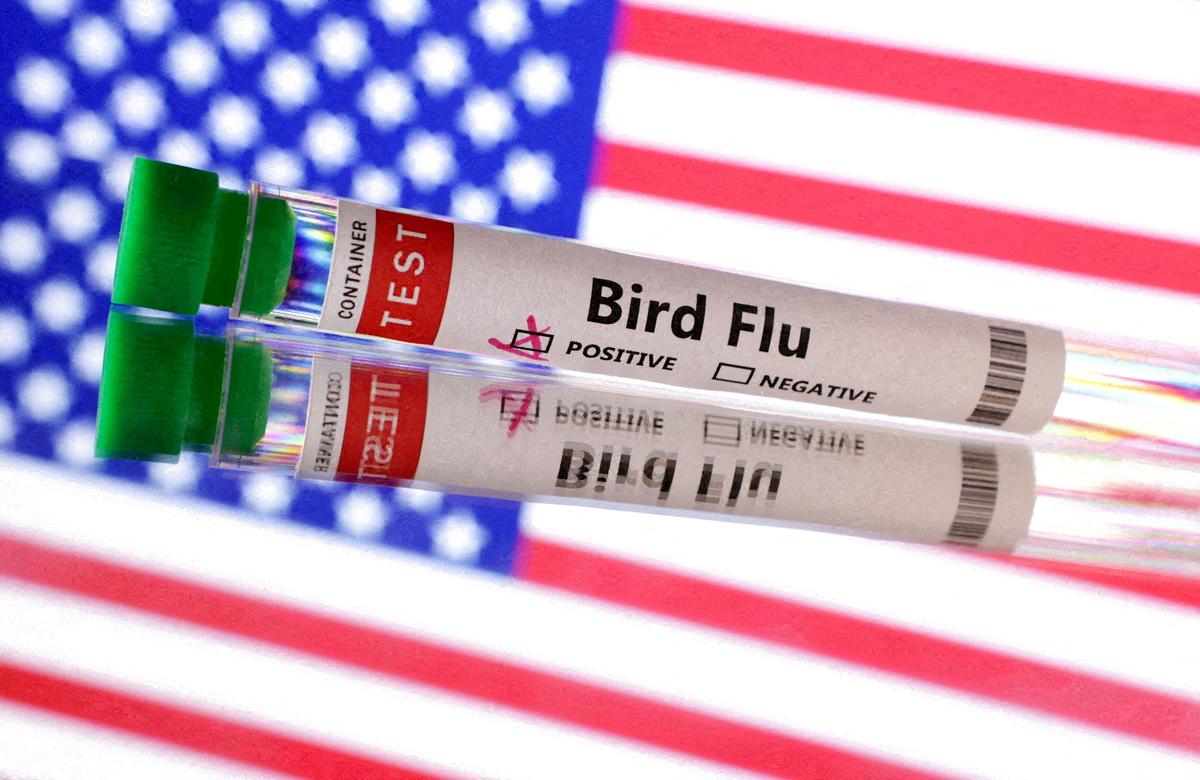The United States has reported its first human death from bird flu, raising concerns about the virus’s potential evolution and implications for 2025.
The patient, a Louisiana resident over 65 with pre-existing health conditions, succumbed to the virus on January 6, 2025, according to health officials.
As the virus continues to spread, experts are urging caution while highlighting the importance of testing, vaccination, and preparedness.
Bird Flu in the US:
Current StatusSince the first human case of bird flu was identified in the US nine months ago, the virus has impacted poultry and livestock extensively, resulting in millions of infected birds.
The Centers for Disease Control and Prevention (CDC) reports 66 human cases across 10 states, with nearly all linked to direct contact with infected animals.
Despite the grim milestone of the first human death, the CDC reassures that there is no evidence of human-to-human transmission, and the risk to the general public remains low. However, concerns persist among public health experts about the virus mutating to become more transmissible.
Fears of Mutation and Hybrid Viruses
Experts like Dr. Tony Moody, an infectious disease specialist at Duke University, warn that while current bird flu strains do not spread between humans, the virus could mutate. “We worry about a variation of this strain that could pass from person to person,” Moody explained.
Another possibility is the reassortment of the bird flu virus with seasonal influenza in a co-infected individual, potentially creating a hybrid strain capable of human-to-human transmission.
Dr. Peter Hotez from Baylor College of Medicine emphasized this scenario, stating, “The greater probability is reassortment, which could ignite a pandemic or epidemic.”
Mutations Observed in Human Cases

Data from the Louisiana case revealed mutations in the bird flu virus that were absent in poultry samples from the patient’s property.
These mutations likely occurred after the patient was infected, raising concerns about the virus’s adaptability and potential to become more dangerous.
Different genotypes of the virus are already associated with varying levels of severity.
For example, cases linked to dairy cows have caused milder symptoms, while wild bird genotypes, such as the one in Louisiana, have led to more severe outcomes.
Testing and Vaccine Preparedness
Recognizing the potential risks, health officials are scaling up testing efforts. The US Department of Agriculture has issued orders for nationwide testing of raw milk samples, while the FDA is testing raw milk cheese products.
However, Dr. Hotez stressed the need for broader testing in healthcare settings, especially during flu season, to identify undiagnosed cases.On the vaccine front, the US government is making strides.
Moderna has received $176 million to develop an mRNA-based bird flu vaccine, and $72 million has been allocated to vaccine manufacturers to update and prepare stockpiled vaccines.
While these vaccines target older strains, they may offer partial protection if the virus becomes more transmissible.
Preparedness for 2025 and Beyond
Experts agree that the US is in a better position now to handle a potential bird flu epidemic or pandemic than it was during the early days of COVID-19. “We know how to make these vaccines and roll them out. We are in a better position today,” Dr. Moody stated.
Nevertheless, predicting which strain of influenza might cause an outbreak remains challenging.
The vaccines in stockpile have shown promise, but their effectiveness against emerging strains remains uncertain.
Conclusion
The first human death from bird flu in the US underscores the importance of vigilance, testing, and vaccine development.
While the risk of human-to-human transmission remains low, public health officials are taking proactive measures to prepare for any eventuality.
Our editorial team has thoroughly fact-checked this article to ensure its accuracy and eliminate any potential misinformation. We are dedicated to upholding the highest standards of integrity in our content.







Leave a Comment